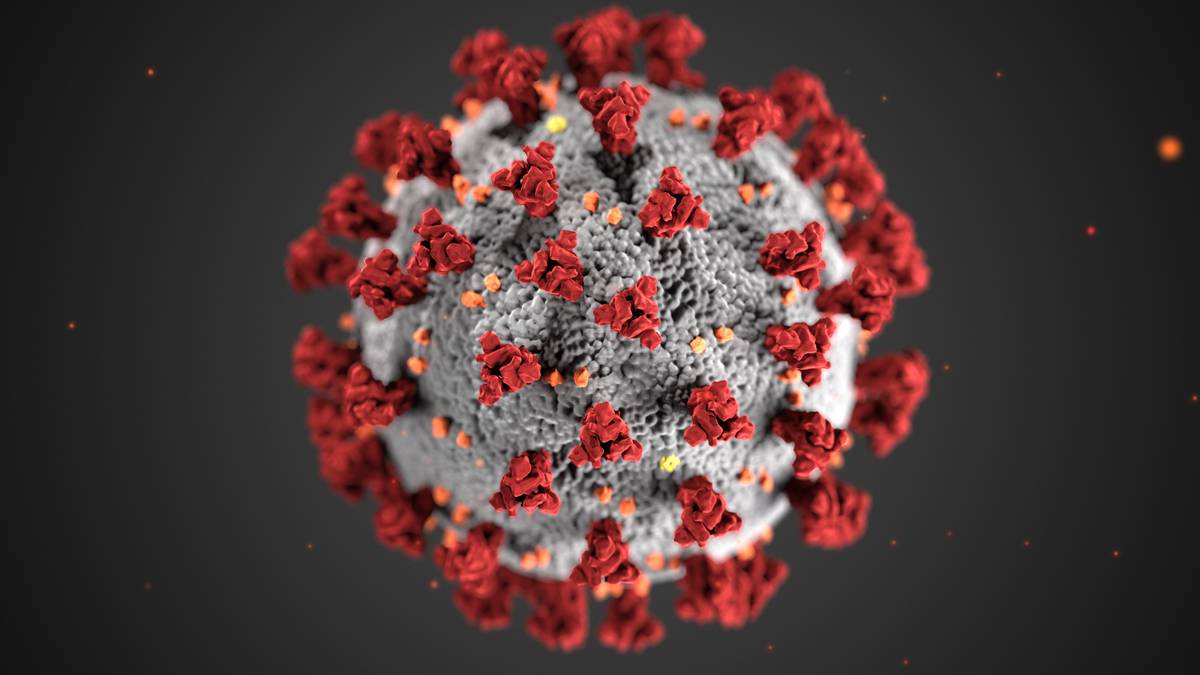Covid-19 increases the risk of developing shingles for unvaccinated people aged 50 and older by 15 per cent. Image / NZME
A new study shows Covid-19 has been associated with an increased risk of shingles for people aged 50 and over.
The study of almost 2 million US patients found people aged 50-plus who had contracted Covid-19 are 15 per cent more likely to develop shingles.
The risk increases to 21 per cent for those who had been hospitalised with Covid-19.
Shingles or herpes zoster is a viral infection caused by the reactivation of the varicella-zoster virus (VZV), also known as chickenpox.
When people have chickenpox as a child, their body fights off the VZV and the physical signs of chickenpox fade away, but the virus remains dormant in the body.
In adulthood, this virus can become active again in the form of shingles.
Researchers believe a drop in T-cell immunity while recovering from Covid-19 among the patients, who were not vaccinated, may trigger the onset of shingles.
Around a third of people aged over 50 who had chickenpox will develop shingles in their lifetime when the virus reactivates.
New research found that most Northland adults are unaware of the risks of shingles with that 66 per cent those aged 50 and over saying they have little to no knowledge about VZV.
Virologist Dr Helen Petousis-Harris, associate professor at Department of General Practice and Primary Health Care at the University of Auckland says shingles can be debilitating even for patients who are generally healthy.
“Everyone who has had chickenpox has a one in three risk of developing shingles at some stage in the future. This is because the virus remains in the body, kept at bay by the immune system.
“As we age it can reactivate and manifest as shingles.
“It’s an extremely painful illness which often leaves patients with ongoing pain. Other complications can include a secondary infection and, in some cases, patients may die with or from the illness.”
/cloudfront-ap-southeast-2.images.arcpublishing.com/nzme/6RWZXGDEB5ROE67VNYIB3NTLEA.jpg)
Most commonly, the shingles rash or blisters wrap around one side of the torso. Shingles can be intensely painful and have a range of complications including vision loss, cardiovascular and stroke events, hearing loss, scarring and neurological problems.
“Generally, shingles starts as a tingling, red blistery and itchy rash which is a reactivation of the herpes-zoster-virus,” Petousis-Harris said.
“It begins on the trunk or wraps around the left or right side of a patient’s body and may form clusters around nerve pathways. It can also move to other parts of the body including the back, side of the face and even the eye, which can result in loss of sight.”
Petousis-Harris advice to Kiwis aged 50 and over, who have previously had chickenpox, is to check with their doctor on how they can prevent the development of shingles.
She said stress was a big trigger for shingles.
“The newly published Covid-19 and shingles study shows that unvaccinated patients in the study who contracted Covid-19 have a heightened risk of developing shingles.
“Although the New Zealand population is highly vaccinated, more than 100,000 Kiwis aged 50 plus have reported being infected with Covid-19, which potentially puts these people at increased risk of reactivating the herpes-zoster-virus,” she said.
Two vaccines are available against shingles in New Zealand.
Zostavax is a live vaccine approved for use from 50 years of age. It is funded for people aged 65-80 and can be prescribed by a doctor.
Only one dose is required, which is $230 for patients who are not eligible for funding.
Petousis-Harris called Zostavax a “souped-up version” of the chickenpox vaccine, which lowers the risk of developing shingles, especially more severe symptoms.
Other than Zostavax, which can’t be given to people who are immunocompromised, the newer vaccine Shingrix can be given to people with a weakened immune system.
Shingrix is not live but an adjuvant protein vaccine for people aged 50 and over, and requires two doses. It is considered highly effective with no loss in effectiveness with advancing age.
Petousis-Harris said Shingrix was “extremely effective” even for older people, but very expensive.
It isn’t publicly funded and costs $340 per dose.




